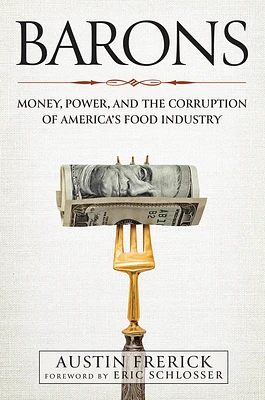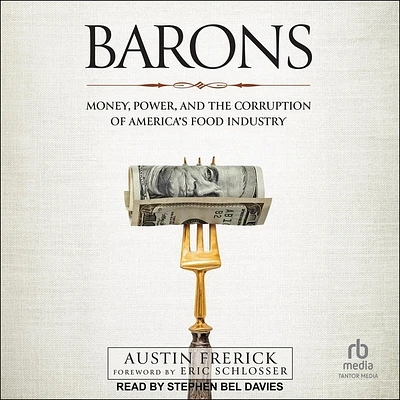Home
Politicized Microfinance: Money, Power, and Violence the Black Americas
Loading Inventory...
Barnes and Noble
Politicized Microfinance: Money, Power, and Violence the Black Americas
Current price: $40.95


Barnes and Noble
Politicized Microfinance: Money, Power, and Violence the Black Americas
Current price: $40.95
Loading Inventory...
Size: Paperback
*Product Information may vary - to confirm product availability, pricing, and additional information please contact Barnes and Noble
When Grameen Bank was awarded the Nobel Peace Prize in 2006, microfinance was lauded as an important contributor to the economic development of the Global South. However, political scandals, mission-drift, and excessive commercialization have tarnished this example of responsible or inclusive financial development.
Politicized Microfinance
insightfully discusses exclusion while providing a path towards redemption.
In this work, Caroline Shenaz Hossein explores the politics, histories and social prejudices that have shaped the legacy of microbanking in Grenada, Guyana, Haiti, Jamaica and Trinidad. Writing from a feminist perspective, Hossein’s analysis is rooted in original qualitative data and offers multiple solutions that prioritize the needs of marginalized and historically oppressed people of African descent.
A must read for scholars of political economy, diaspora studies, social economy, women’s studies, as well as development practitioners,
convincingly
deftly argues for microfinance to return to its origins as a political tool, fighting for those living in the margins.
Politicized Microfinance
insightfully discusses exclusion while providing a path towards redemption.
In this work, Caroline Shenaz Hossein explores the politics, histories and social prejudices that have shaped the legacy of microbanking in Grenada, Guyana, Haiti, Jamaica and Trinidad. Writing from a feminist perspective, Hossein’s analysis is rooted in original qualitative data and offers multiple solutions that prioritize the needs of marginalized and historically oppressed people of African descent.
A must read for scholars of political economy, diaspora studies, social economy, women’s studies, as well as development practitioners,
convincingly
deftly argues for microfinance to return to its origins as a political tool, fighting for those living in the margins.

















